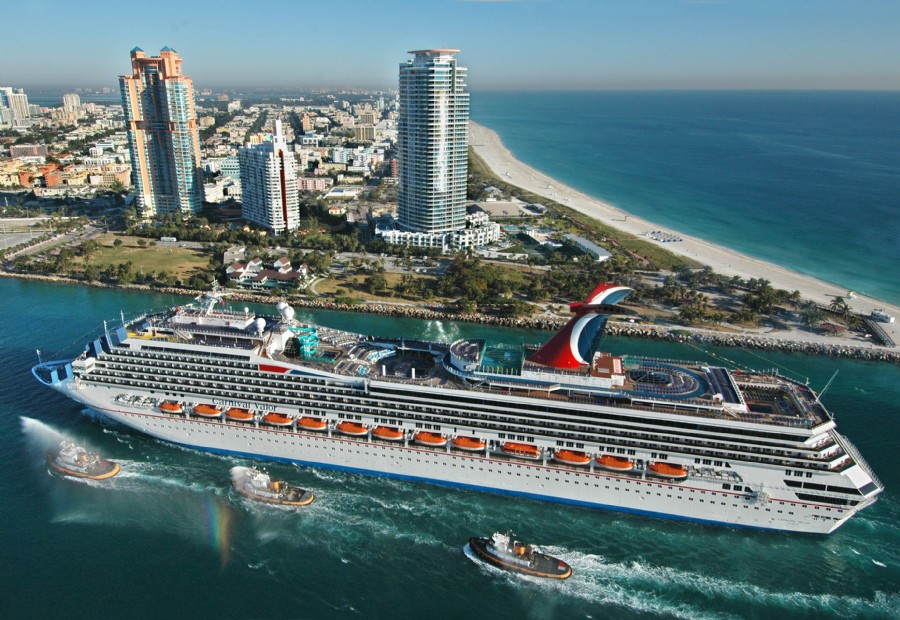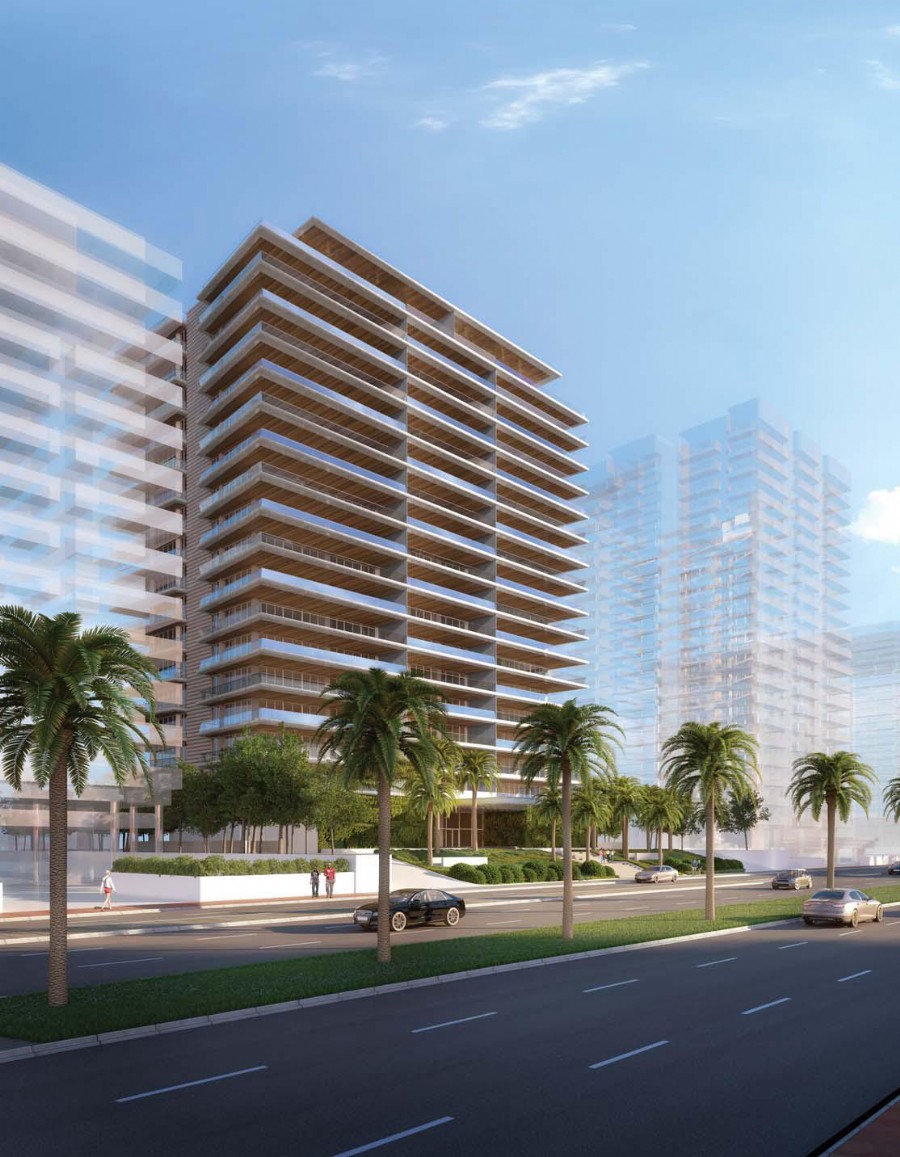Simply put, in the United Kingdom’s hospitality industry, demand for lodging has outstripped supply. In the entire country, the top ten hotel brands operate about 205,000 rooms, 54 percent of which are considered budget properties. With this in mind, hotel managers have worked to boost revenue throughout the industry by focusing on increasing it per available room in all markets.
This tact has been widely successful, and as a result, the hotel industry in the United Kingdom has experienced steady growth so far in 2017. Even areas that have previously shown slow gains — areas such as Newcastle and London — are showing increased revenue per each available room.
Some say that the way one starts a year establishes a tone that defines the next twelve months. If that’s the case for the hospitality industry in the United Kingdom, that’s a very good thing. In the first quarter of 2016, most regions throughout the island nation showed occupancy growth, year-on-year. The Belfast area saw the biggest uptick in its percentage, with a 13 percent rise, while the largest city in the country, London, saw only modest growth with its occupancy going up 5 percent, driven primarily by visitors from China and the United States. Liverpool underwent a similar increase in occupancy as London, while some other markets like Manchester and Leeds grew much slower with only 2 percent increases. The Scottish city of Edinburg was the lowest grower, coming in at slightly below what was seen in Manchester and Leeds.
The country’s ongoing increase in demand, coupled with a limited increase in supply, means that average room rates percentage changes were in general positive throughout 12 cities that were surveyed, except for the cities of New Castle and Aberdeen. As a result, revenue per available room, also known as RevPAR, was generally up, with Belfast seeing the biggest rise at a whopping 25 percent, while London was next with 11 percent and Liverpool was third with 10 percent.
An interesting subplot that is defining a good deal of business in London at the moment is that investments from China are being made in the London real estate market. In the first half of 2017 alone, about 5 million pounds were put into the British capital. The pound has been low in the wake of the Brexit vote, and as such the country has become an attractive place for investments. It’s uncertain what sort of long-term impact this will have on the hospitality industry, but based on what 2017 has held so far, all indications are that revenue is likely to continue growing. If supply surpasses demand, however, this will most certainly change.













